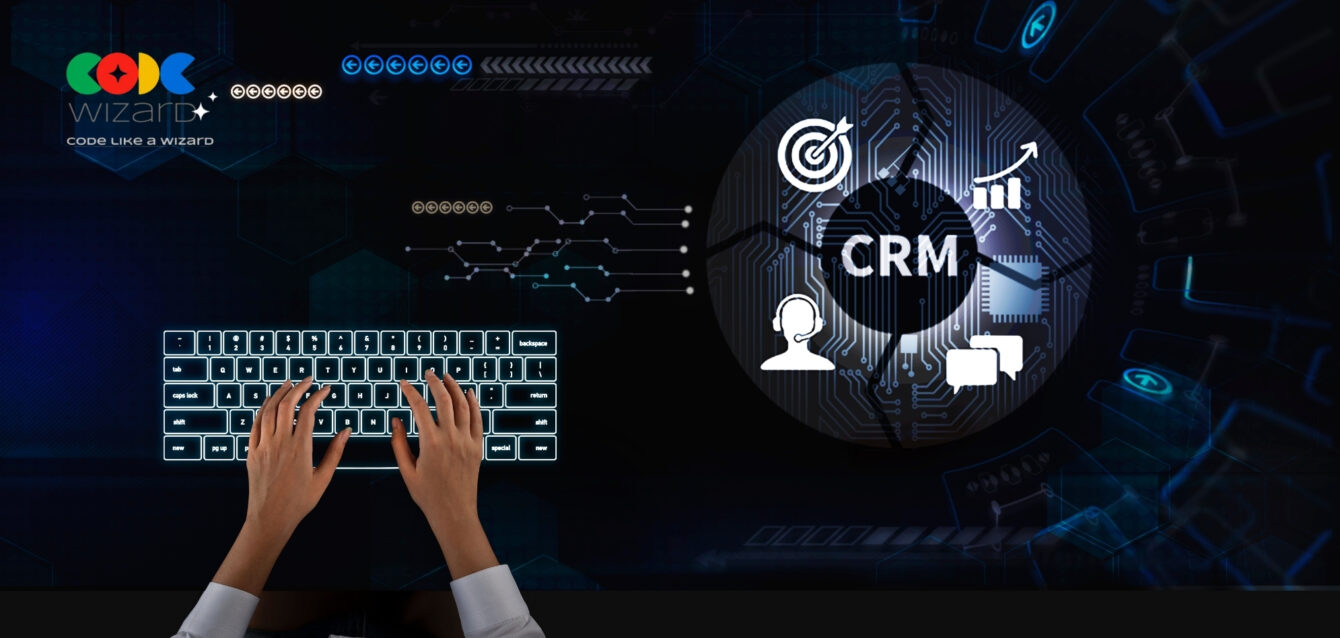Top CRM Features for Doctors & Clinics to Streamline Patient Management
Are You Still Relying on Spreadsheets or Notebooks to Manage Patient Info?
In today’s digital healthcare world, running a clinic or private practice without a CRM system is like trying to fly a plane blindfolded. Patient details, follow-ups, reminders, and feedback—all need to be managed in one place. And that’s exactly what a CRM for doctors is built for.
This blog walks you through the top CRM features for doctors and clinics that improve patient experience, reduce manual work, and bring calm to clinical chaos.
What Is a Healthcare CRM?
A healthcare CRM (Customer Relationship Management) system helps medical professionals manage patient interactions, streamline communication, and personalize care journeys. Unlike general CRMs, healthcare industry CRM software is designed to understand medical workflows, privacy standards, and patient needs.
Why Clinics & Doctors Need CRM
Whether you run a small clinic, a specialty practice, or manage multiple locations, a medical CRM brings structure to:
- Patient communication
- Appointment reminders
- Medical history access
- Marketing campaigns
- Feedback collection
And the best part? It reduces dependency on staff while improving patient satisfaction.
Top CRM Features Every Clinic Should Look For
1. Centralized Patient Database
A smart patient CRM system keeps all patient details—demographics, history, documents, test results, and preferences—in one secure dashboard.
2. Automated Appointment Reminders
Send SMS, email, or app notifications to reduce no-shows and improve scheduling using CRM for medical practice.
3. Follow-Up Tracking
Easily track pending follow-ups, missed appointments, or upcoming check-ins with healthcare CRM software that reminds both doctors and patients.
4. Integrated Communication Tools
With a CRM for doctors, you can securely chat with patients, send reports, and share educational materials—all while staying HIPAA-compliant.
5. Custom Tags & Segmentation
Segment patients based on conditions (e.g., diabetes, pregnancy), visit frequency, or treatments to run personalized engagement campaigns.
6. Marketing Automation
Use CRM tools to run seasonal health checkup reminders, vaccine alerts, or clinic events—perfect for healthcare marketing and patient retention.
7. Analytics & Reporting
Track metrics like appointment conversion, missed visits, patient retention, and feedback scores with real-time dashboards.
8. EMR/HMS Integration
Your CRM should sync with your hospital management software or electronic medical records to avoid duplicate data entry.
9. Role-Based Access Control
Let your receptionist, nurse, or doctor access only what they need with secure permissions and data privacy control.
10. Patient Feedback & Reviews
Automate post-visit feedback collection, NPS surveys, and review requests directly from the CRM platform.
Real Use Cases of Healthcare CRM
Clinic Type | CRM Use Case |
Dental Practice | Appointment reminders & after-care check-ins |
Eye Hospital | Campaigns for cataract follow-ups |
Pediatrics Clinic | Vaccination schedules and birthday reminders |
Dermatology Center | Skincare plan automation & patient feedback |
General Practitioner | Chronic care tracking and recall messages |
Certainly, a CRM for healthcare providers adds value across specialties.
FAQ Section
1: What is the role of CRM in a clinic?
It helps manage patient relationships, automate reminders, track follow-ups, run marketing campaigns, and improve operational efficiency.
2: Can CRM integrate with my hospital or clinic software
Yes, modern healthcare CRM platforms integrate with hospital management systems and medical software using FHIR or HL7 standards.
3: Is healthcare CRM only for large hospitals?
Not at all. Even solo doctors or small clinics benefit from CRM systems by improving patient experience and reducing workload.
4: How does CRM help with patient engagement?
Through personalized messages, timely reminders, and relevant content delivery via email, SMS, or app notifications.
5: Is CRM software for doctors secure?
Yes. The best medical CRM software is HIPAA-compliant and includes data encryption, role-based access, and secure communication tools.
Final Thoughts
In healthcare, relationships matter. A well-chosen CRM for medical practice isn’t just a tool, it’s a silent team member who never forgets, always reminds, and helps you care better.
Ready to upgrade your clinic’s patient experience?
Contact us to explore more.







